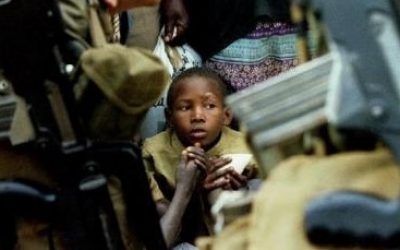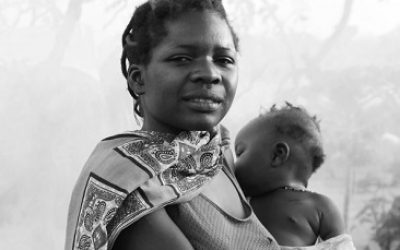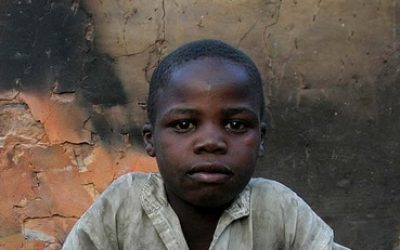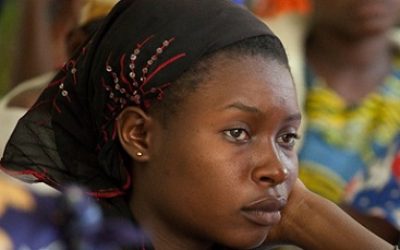
hutu genocide
Recognition of the Crime of Genocide committed against Hutu population in the African Great Lakes Region
recognition
Experts, researchers, survivors, human rights defenders have declared and recognised as a CRIME of GENOCIDE, the killings of Hutu population in Rwanda and DRC
background
From the hills of Rwanda into the forests of Democratic Republic of Congo, a region of conflicts and refugee crisis, crimes of genocide were committed to civilians...
the crime
A crime of genocide committed against Hutu people of different nationalities in Rwanda and in Democratic Republic of Congo vis-a-vis article 2 of the Genocide Convention
About
From October 1990, the Rwandan Patriotic Front (RPF) waged war against the then Rwandan government and committed mass atrocities throughout its seized areas where large-scale indiscriminate killings of men, women, children, including the sick and elderly, were consistently reported.
Two million Rwandans fled to surrounding countries and settled in camps, such as in Eastern part of Zaire. October 1996, troops of the Rwanda-backed AFDL waged war in Zaire and systematically shelled numerous camps, committed massacres and forced the repatriation of some of the refugees back to Rwanda.
As more refugees fled westward in to more remote areas of Zaire, AFDL units hunted them down and attacked their makeshift camps, killing hundreds of thousands of Rwandan, Congolese and Burundian Hutu men, women and children.
Two separate reports by the United Nations, in 1997 and 1998, examined whether or not crimes of genocide had been committed against civilian Hutu population and hutu refugees, and concluded that, according to Article 2 of the 1948 Genocide Convention, the crime of genocide has been committed.

RPF forces killed civilians at meetings, a practice which gave rise to the bitter joke that kwitaba Imana, meaning to die, had come to mean the same as kwitaba inama, to attend a meeting
Alison Des Forges, HRW Researcher
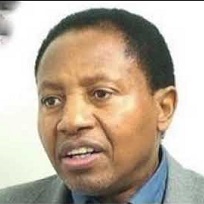
They [RPF] asked people to gather in certain areas, in schools and markets. When larger groups of people showed up, the RPA used grenades or guns to kill them.
Joseph Matata, CLIIR Chairman
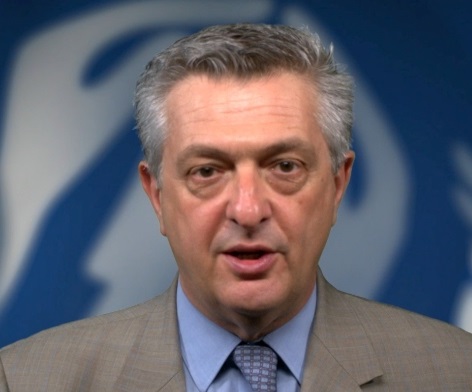
"There was a camp here a few days ago. People were sick, hungry and too weak to walk. Now, where are they? We are very concerned about their lives and we need answers from the rebels about their fate"
Filippo Grandi, UNHCR Representative
Major Incidents in DRC
See some of the Major incidents, a small fraction of deliberate and arbitrary killings, massacres and extrajudicial executions of unarmed Hutu civilians in DRC by soldiers of RPA
Major Incidents in Rwanda
See some of the Major incidents, a small fraction of deliberate and arbitrary killings, massacres and extrajudicial executions of unarmed Hutu civilians in Rwanda by soldiers of RPA
